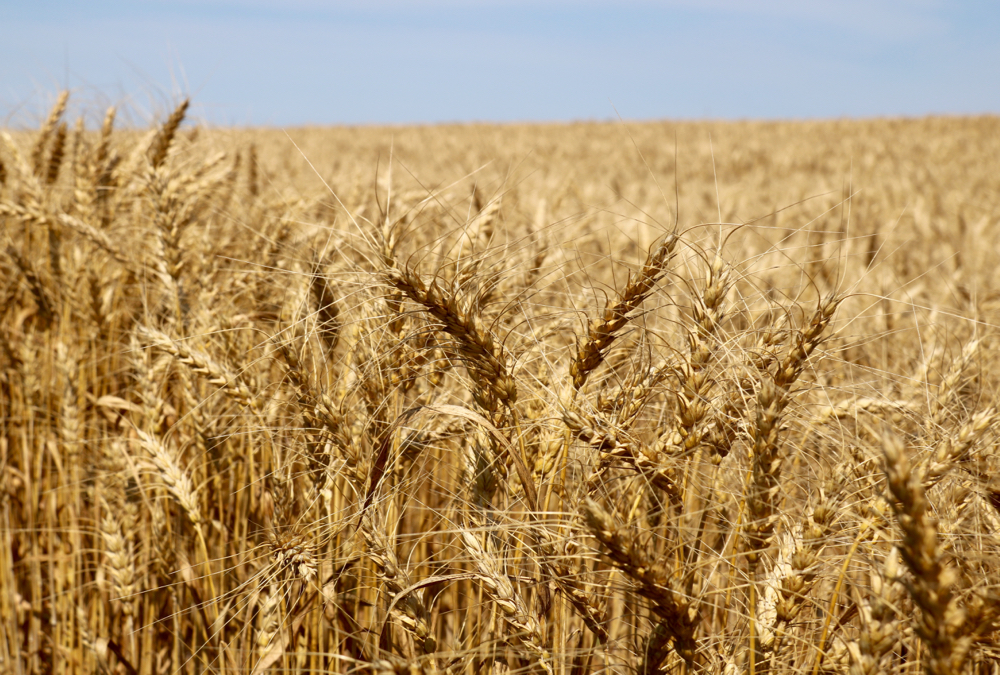From CO2Science: Eggplant (Solanum melongena) is widely cultivated throughout Asia. China, in particular, has a long history of eggplant cultivation in greenhouses. In the present review, we report on the work of Xu et al. (2020), who set out to investigate the growth response of this fruit to elevated CO2 in a controlled-environment greenhouse.
Paper reviewed: Xu, X., Wu, P., Song, H., Zhang, J., Zheng, S., Xing, G., Hou, L. and Li, M. 2020. Identification of candidate genes associated with photosynthesis in eggplant under elevated CO2. Biotechnology & Biotechnological Equipment 34: 1166-1175.
The experiment was conducted at the College of Horticulture in Shanxi Agricultural University, where the eggplant variety Shenyuan 3 was grown under ambient (400 ppm) or elevated (800 ppm) CO2, where the elevated CO2 treatment was only maintained during the hours of 8 am to 10 am on sunny days. After four weeks of treatment, the authors conducted a series of plant growth and photosynthesis-related measurements. In addition, they employed transcriptome gene sequencing in an attempt to discover the molecular mechanisms driving eggplant’s response to elevated CO2.
The results indicated elevated CO2 increased both the plant height and stem diameter by 28.6% and 5.2%, respectively. Elevated CO2 also stimulated net photosynthesis of eggplant leaves by 86%, indicating eggplant “could fix more organic carbon.” Xu et al. additionally report that in the elevated CO2 treatment (1) “light adaptability of eggplant leaves was higher” (2) “light energy conversion efficiency was higher,” and (3) “stomatal conductance of the leaves decreased by 26%, and intercellular CO2 concentration increased by 102% ... which meant that the increased net photosynthetic rate was not restricted by stomata but was due to the enhanced photosynthetic activity of mesophyll cells in eggplant leaves.” Consequently, in light of the above, the eight researchers conclude “the application of exogenous CO2 in the greenhouse stimulate plant growth, mainly due to the increased net photosynthetic rate combined with high intercellular CO2 concentration and the decreased stomatal conductance in photosynthesis.”
With respect to their findings from transcriptome analysis, Xu et al. report “a total of 169 unique differentially expressed genes (DEGs) were found between the elevated and natural CO2 environments, of which 99 were up-regulated and 70 were down-regulated under elevated CO2.” Assembled into 53 functional groups, the DEGs represented (1) biological processes, (2) cellular components, and (3) molecular functions. Pathway analysis of the DEGs indicated elevated CO2 impacted eggplant growth and development by “affecting carbon metabolism, carbon fixation, chlorophyll and porphyrin metabolism.”



But, that's a good thing, right?
Any commercial greenhouse operator could have told you this, probably with less four syllable words.